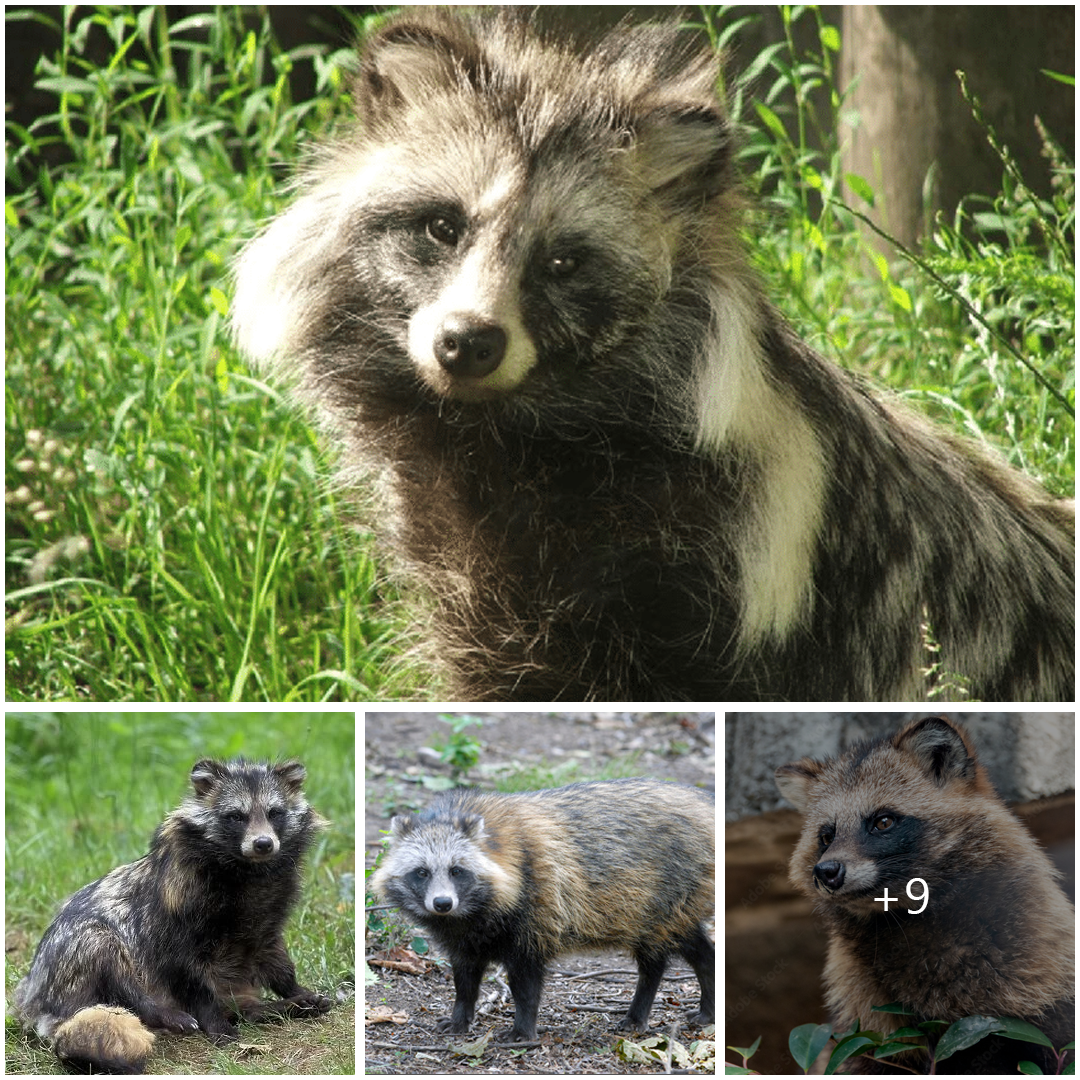
Exploring the Japanese Raccoon Dog (Nyctereutes procyonoides)
The Japanese Raccoon Dog (Nyctereutes procyonoides), also known as the “tanuki” in Japan, is a fascinating species with unique biological traits and a rich cultural significance.
Physical Characteristics
This species resembles a fox and is characterized by its distinctive appearance and thick fur covering its body. The fur of the Japanese Raccoon Dog typically ranges in color from gray to reddish-brown, with lighter shades on the belly and darker patches on the face and back. It has short legs, a short muzzle, and a bushy tail, giving it an overall charming and charismatic appearance.
Habitat and Distribution
Japanese Raccoon Dogs are native to East Asia, including Japan, Korea, China, and parts of Russia. They inhabit a variety of habitats, including forests, grasslands, and suburban areas. Due to human activities and habitat loss, they have adapted well to living in urban environments, often coexisting with humans in parks, gardens, and even residential areas.

Behavior and Diet
These animals are primarily nocturnal, meaning they are most active during the night. They are omnivorous, feeding on a varied diet that includes insects, small mammals, amphibians, fruits, berries, and plants. They are skilled hunters and foragers, using their keen sense of smell and sharp claws to locate and capture prey.
Cultural Significance
In Japanese folklore and mythology, the tanuki holds a special place as a mischievous and shape-shifting creature. It is often depicted as a symbol of good fortune, prosperity, and magical abilities. Tanuki statues can be found throughout Japan, especially near temples and shrines, serving as guardians and bringing luck to those who encounter them.
Conservation Status
While the Japanese Raccoon Dog is not currently considered endangered, it faces threats such as habitat loss, road accidents, and hunting. Conservation efforts are underway to protect their natural habitats and raise awareness about their importance in the ecosystem.
In conclusion, the Japanese Raccoon Dog is a captivating species with a rich cultural history and a vital role in its native habitats. Understanding and conserving this unique animal is essential for maintaining biodiversity and preserving our natural heritage.





